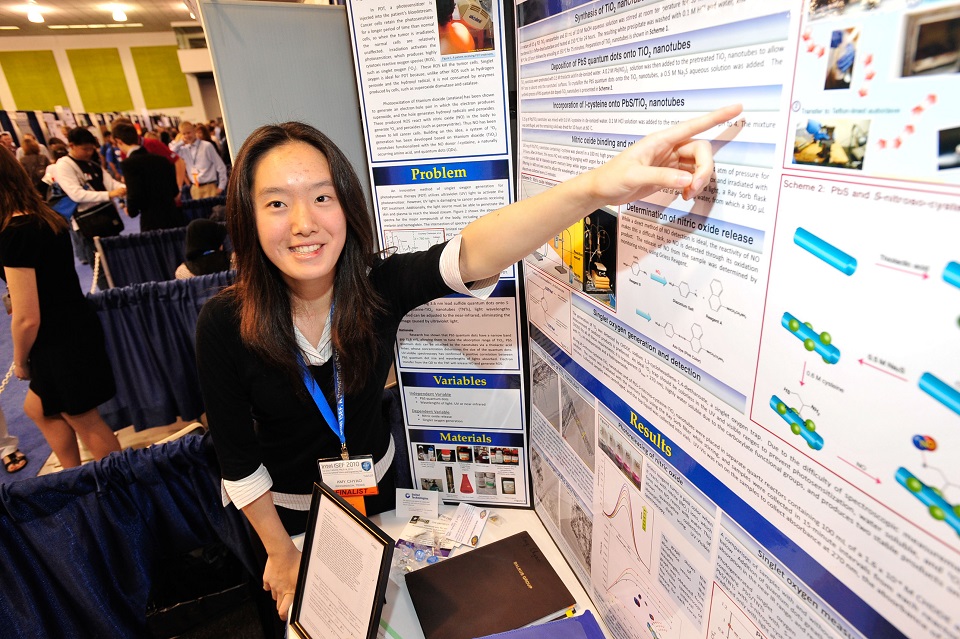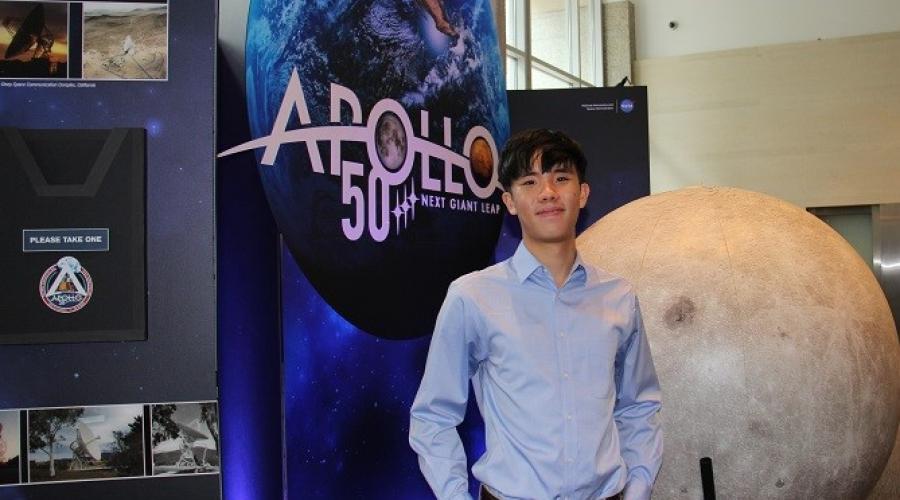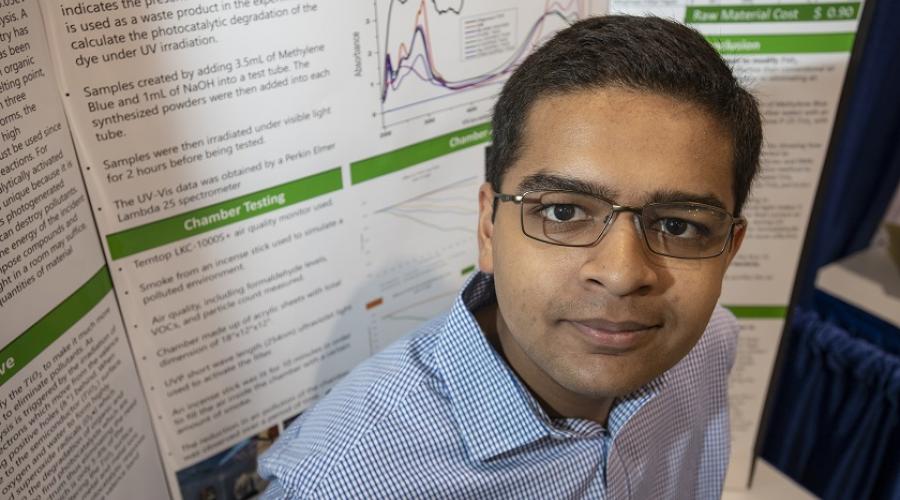Nobel Laureates Answer High Schoolers’ Questions
Today, at the Excellence in Science and Technology Panel at the Intel ISEF 2011, high school students asked Nobel Laureates questions about science, careers, and life. The panel consisted of six Nobel Laureates: J. Michael Bishop, Physiology or Medicine, 1989; Martin Chalfie, Chemistry, 2008; Dudley Herschbach, Chemistry, 1986; H. Robert Horvitz, Chemistry, 2002; Douglas Osheroff, Physics, 1996; and Sir Richard Roberts, Physiology or Medicine, 1993.
One theme that emerged was the importance of teachers. J. Michael Bishop observed that, “Individual teachers are the essence of education.” Douglas Osheroff echoed that sentiment by urging students to honor the influence of their most important teachers by staying in touch with them in the years to come. He also added that he thought teachers “do an awful lot for all of us.”
H. Robert Horvitz emphasized the importance of public support of basic research. While it is sometimes difficult to explain why basic research is so vital, Dudley Herschbach noted that nature speaks in tongues that are alien, and that basic research helps us to translate messages we didn’t know were there.
With the many important scientific advancements over the course of history, one student wanted to know what the most important advancement was. Bishop responded, saying it was a “way of learning” or the demonstration that, by rigorous experimentation and imaginative hypotheses, we can come to understand the world around us.
When asked if they had competed in science fairs, Horvitz told how his local paper in Chicago included a photo of his high school science fair project, which his mother had kept, when they announced that he had won the Nobel Prize. This is why he said to the Finalists of the Intel ISEF, the largest global science competition for high school students, “Save your science fair project.”


